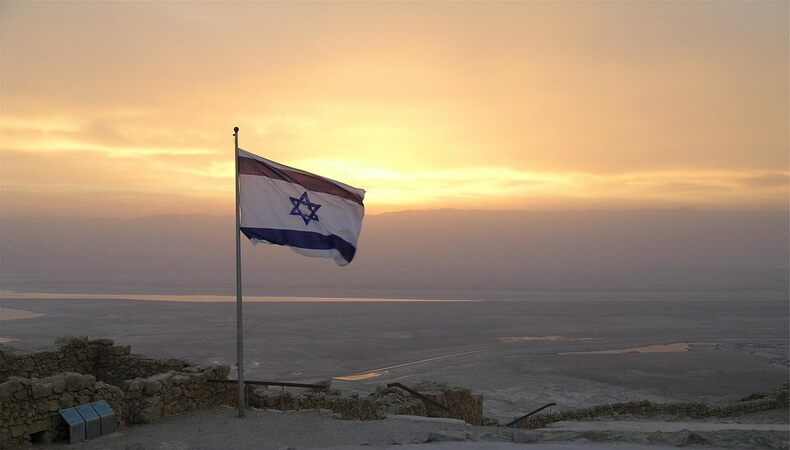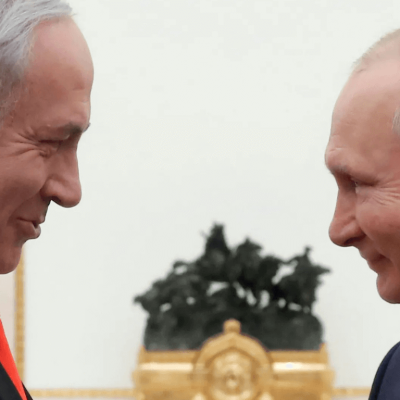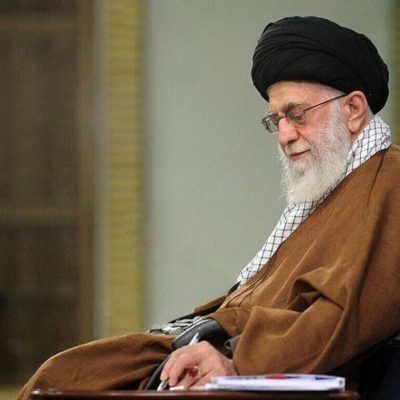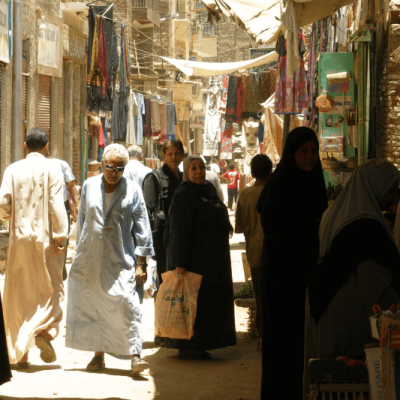Israel Rejects Ceasefire Proposals Amid Intensifying Conflict with Hezbollah

Israel resolutely ignored appeals from important partners, particularly the United States, for an immediate stop to hostilities, therefore rejecting suggestions for a truce with Hezbollah on Thursday in a definitive gesture. This development emphasizes the growing tensions and violence that define the continuous war, especially in view of the recent bombardments and military operations carried out by the Israeli army. The refusal coincides with general worry about the possibility for the conflict to intensify and have effects outside of Israel’s and Lebanon’s boundaries.
Continual Military Operations and Strikes
Extensive attacks by Israeli jets over Lebanon have included notable explosions in Beirut’s southern suburbs. The strikes have resulted in extensive damage; buildings have been reduced to rubble and people caught in the crossfire. According to witnesses, the explosions shook buildings and sent citizens into terror all throughout the capital. Apart from aerial bombardment, the Israeli Defense Forces (IDF) carried ground exercises simulating a full-scale invasion, therefore showing preparations for a possible escalation in their activities against Hezbollah. These drills were said to be very vital for improving operational readiness and proving Israel’s will to guard her northern border.
Alarms about the possibility for the conflict to spread into a more general regional war have been generated by the unrelenting attack on Hezbollah, especially through deliberate airstrikes and the murder of top commanders. Military leaders underlined their dedication to safeguarding Israel’s northern border and enabling the safe return of thousands of displaced Israeli people resulting from the continuous conflicts. The IDF said that the exercises of the 7th Brigade happened just a few kilometers from the Lebanese border, showing a higher degree of readiness and a readiness to participate more should be needed.
Notes from Israeli Officials and International Reaction
Israel Katz, the Foreign Minister of Israel, issued a strong declaration following the airstrikes: “There will be no ceasefire in the north.” His comments highlight the Israeli government’s will to keep attacking Hezbollah until it wins and northern towns are once more safe. Particularly after Lebanese Prime Minister Najib Mikati had voiced hope about the possibility for a truce, Katz’s remarks essentially destroyed prospects for a speedy fix. Under the direction of Mikati, which comprises ministers selected by Hezbollah, the government has been negotiating a difficult political terrain attempting to balance home demands with appeals for peace from abroad.
Speaking on MSNBC, U.S. Secretary of State Antony Blinken underlined the strong worldwide agreement for a ceasefire and observed that “the world is speaking clearly for virtually all of the key countries in Europe and in the region on the need for the ceasefire.” Emphasizing the urgency with which partners are handling the matter, he said he would later in the day speak with Israeli authorities. With almost 600 deaths recorded in Lebanon since the beginning of Israel’s more aggressive strikes, the cries for a ceasefire find resonance.
The Lebanese Humanitarian Crisis
Seeking cover from the most severe Israeli strikes Lebanon has witnessed since the 2006 conflict, the heavy bombing has compelled hundreds of thousands of residents to abandon their houses. Many people are currently displaced, which fuels the humanitarian situation the violence has created. According to reports, the Lebanese health ministry verified at least 26 persons were murdered overnight in Israeli attacks, most of whom were Syrian refugees living in the Bekaa Valley. For many families that left Syria’s civil war only to find themselves caught in the crossfire of another conflict, the continuous bloodshed has worsened already bad circumstances.
Thousands of people in Beirut have sought cover in classrooms as the bloodshed keeps unchecked. Inside these shelters, reports show a picture of desperation as families battle to meet their most fundamental needs. Women have been observed trying to deal with the stifling heat and a lack of electricity by leaning out of classroom windows. Many people find themselves worried whether there will be sufficient electricity to run fans or cook simple meals. Aid groups are on the ground providing food and clothes as well as monitoring the health requirements of elderly people who left without their prescriptions. Many of the people have suffered greatly in their mental health from the trauma and stress of relocation.
Rising Hostilities: Regional Consequences
Hezbollah has kept reacting forcefully, attacking northern Israel with missiles meant for Kiryat Shmona. Deep historical roots abound around the conflict; Iran’s Revolutionary Guards founded Hezbollah in 1982 in reaction to Israel’s invasion of Lebanon. Since then, it has developed into a major military force and a principal Iranian agent in the area. The continuous battles have brought up memories of earlier wars and sparked anxiety about a return to general bloodshed.
Along the Israel-Lebanon border, the United States, France, and other allies have demanded a 21-day truce among the continuing bloodshed. Emphasizing the critical need of diplomatic remedies to stop more escalation, they also expressed support for a ceasefire in Gaza. Though he told armed personnel to keep their activities, Israeli Prime Minister Benjamin Netanyahu said he had not yet responded formally to the ceasefire proposal. Hardliners opposing any truce and urging that Israel should keep attacking Hezbollah until it surrenders are under pressure on his government.
Ground Assault Getting Ready and More General Regional Issues
The circumstances have driven Israeli military officials to get ready for a possible ground assault in Lebanon. IDF chief of staff recent remarks imply that soldiers close to the border should be ready for more incursions. Targeting infrastructure on the Lebanese- Syrians border, Israeli forces have also aimed to stop weapon flow to Hezbollah, therefore indicating a whole strategy to undermine the group’s capacity.
The continuous bloodshed has caused worries about the safety of Lebanese people among neighboring nations. For example, Turkey has started getting ready to remove its citizens from Lebanon in view of the growing war. Such actions draw attention to the wider regional consequences of the violence as surrounding countries struggle with possible crisis aftermath.
With estimates of more than 550 deaths in what has been said to be Lebanon’s worst day since the end of the civil war in 1990, the sheer scope of the bombardment has resulted in horrifying losses. Following a string of violent events in Lebanon, the constant airstrikes aggravate the already unstable situation and inspire worries of a more general regional confrontation.
Humanitarian Efforts Amongst Conflict
International humanitarian groups are finding it difficult to give individuals impacted by the violence sufficient help. The continuous war limits efforts and makes it challenging to provide medical treatment and basic supplies to people in need. The loss of infrastructure—including hospitals and schools—which are vital to helping displaced people has worsened the issue. According to reports, medical facilities lack staff and tools required to manage the flood of patients, so they are overburdened with casualties.
Under such hardship, local businesses and leaders have come forward to help their neighbors by planning food distribution and lodging arrangements. Still, these initiatives are usually inadequate given the backdrop of continuous violence and instability. As the number of displaced people keeps growing, the necessity of a thorough ceasefire and humanitarian access becomes ever more pressing.
The Trail Ahead
The possibility of a truce becomes more fragile as the war keeps developing. The dynamics of the matter are still erratic since both sides are firmly rooted in their stances and resistant to change. The pleas for peace from throughout the world highlight how urgently a solution to a conflict endangers not only Israel and Lebanon but also the Middle East as whole. Nowadays, world leaders have to balance the different interests of regional parties while striving for a sustainable peace that solves the fundamental problems aggravating the conflict.
Finally, Israel’s rejection of ceasefire recommendations within continuous military operations emphasizes the complexity of the Lebanese situation and the wider consequences for regional stability. With people suffering most of the violence, the humanitarian crisis gets more severe. The reality of violence and misery on the ground eclipses the hope for a diplomatic resolution as the world waits with bated breath.




